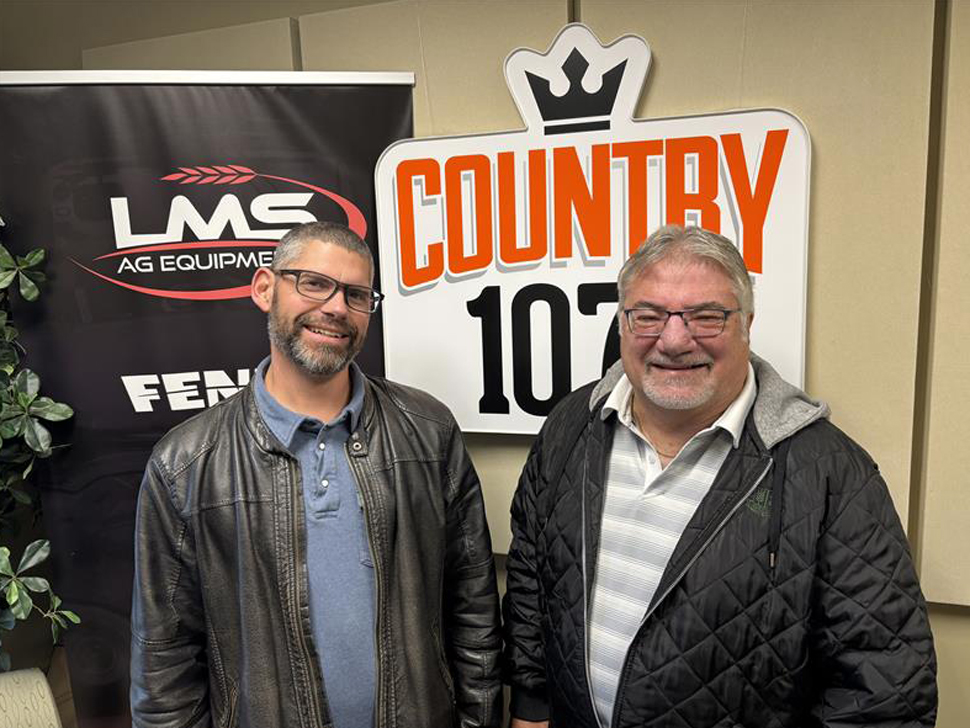Most of us rarely think about where our garbage goes — but for staff at the Steinbach landfill, every day is full of surprises.
Compost can be a wild ride
Eldon Wallman says some items end up in the compost that definitely don’t belong.
“We end up with car batteries and mountain bikes in the compost. It’s a one-stop drop for some people,” Wallman said with a laugh.
He stresses that yard waste — grass, leaves, garden material — is what should go in. “No meat, bones, or fish. And definitely no batteries.”
Turning up the heat
After collection, compost is formed into long rows called windrows. There, it naturally heats up to around 60–65 degrees Celsius to kill pathogens.
Brian Davis explains, “We turn it about once a month just to mix it up.”
Wallman adds with a grin: “Fluff it up.”
The compost takes roughly six months to mature. Once ready, it’s screened for large sticks, paper bags, and, occasionally, leftover mountain bikes before being returned to residents.
Waste management and hazards
Steinbach’s landfill handles roughly 40,000 metric tonnes of waste annually, after recyclables and organics are diverted. Wallman notes the city ranks among the best in North America for waste management.
Lithium batteries, however, remain a serious concern.
Davis said, “Lithiums are the worst, exactly, because they will self-combust.”
Wallman adds, “Almost weekly… fortunately it happens when we’re at work… it’s pretty instant.”
Residents are urged to dispose of batteries at the hazardous waste depot. The Jake Epp Library also accepts batteries for safe disposal.
A peek at daily life
A typical day begins with staff compacting garbage and managing commercial trucks, while the scale opens for residents. Seasonal items like shingles and Christmas trees often dominate fall drop-offs.
“You can tell what season it is just by what’s coming in,” Wallman said.
Leaving it better than before
After nearly two decades of improvements, Wallman says the landfill is vastly different from 2005. “At the end of my life, I want the landfill to be better than when I started… it’s head over heels different,” he said.
For Wallman and Davis, the best part of the job is the people.
Wallman: “I’ve always been serving people… I’ll continue to do that in some form or another.”
Davis: “I enjoy the variety… office work, getting out, seeing different things… it’s never the same day twice.”
The takeaway? Don’t toss batteries in the garbage, and definitely keep your mountain bikes out of the compost.
-With files from Carly Koop.

